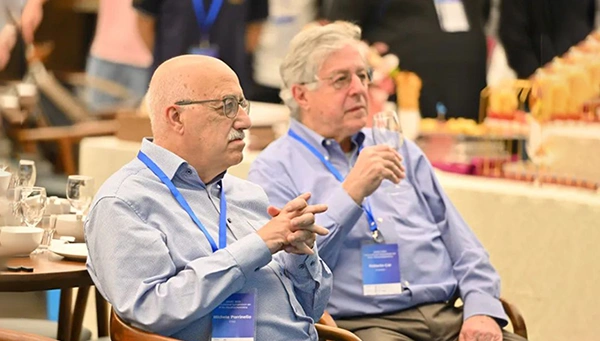iSAIEC
International Symposium on AI for Electrochemistry
This symposium focuses on the applications of Artificial Intelligence for Science to Electrochemical Science and Engineering, with the objective of serving as an international platform for leading researchers across disciplines such as electrochemistry, artificial intelligence, physics, materials and mathematics to share research advancements and insights, and foster interdisciplinary collaboration.
Organizer:

Co-organizer:

